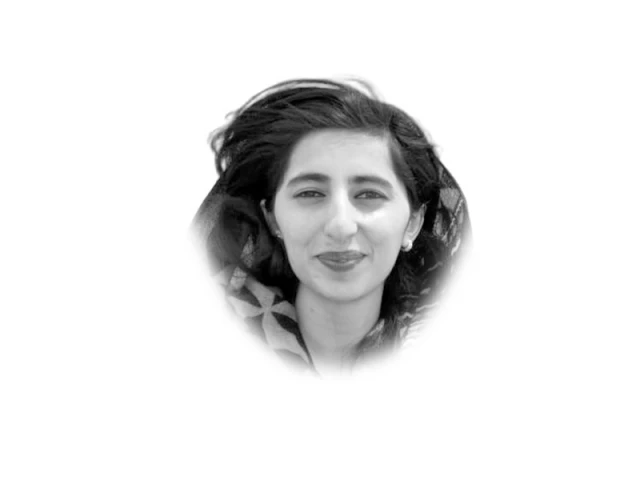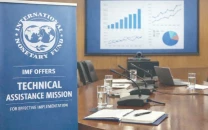The language trap
This language trap assumes sombre gravity in today's era

Language seems just a word, but it shapes us, our conduct, our relationships, and our worldview of the beings. What is language, after all? A combination of words, but where do the words come from? And how do some of these words evolve into "terms" that encapsulate and convey a certain meaning? More importantly, who defines these terms? And what happens when these terms become a part of world discourse and are embraced uncritically by the 8.2 billion population across the globe? Once part of the worldwide daily lexicon, these terms carry immense weight. As Judith Butler would say, words are 'performative', implying that language does not just describe, it enacts reality.
Nietzsche identified language as a 'mobile army of metaphors', and Foucault went a step ahead and described language as a part of discourse, defining terms treated as truth and knowledge. Knowledge, for him, has a direct nexus with power. Whoever coins and defines the 'terms' embodies a power structure, shaping the social reality we reside in. Just take the linguistic framing of two similar yet different terms — Antisemitism and Islamophobia — which exemplify these loaded concepts that bend the minds with their esoteric conception and twist the tongues with their phonetics.
Both terms encapsulate, albeit in a varied manner, hatred or prejudice against certain religious communities. However, framed in a way that one is identified as a direct assault on one religious populace, while the other is cast as a psychological phenomenon, a 'phobia', a fear of people belonging to a religion or belief system. Not coincidence but choreography. These terms lay bare the 'discursive power' of terms and open windows to their historical trajectories while organising prejudices and hostilities into consciously constructed categories.
Another aspect that adds an extension to this language trap is the endless pursuit of labelling. Why is there a need to put labels and branding on something when, even to the naked eye, it can be seen as either wrong or right? Though this branding makes the complexity of human affairs relatively simple, it also complicates and distorts. If it helps in navigating the world mosaic, it also divides.
As in the case of the Israel-Palestine war, the Ukraine-Russia conflict or the civil war in DR Congo, where innocents are dying, it is evident to any common eye as unjustifiable and appalling. However, trying to pigeonhole these terms in a taxonomy — which is also created by people — entangles people in a whirlpool, leaving them to chide, condone or justify the actions. In an attempt to box, the meaning of the whole is lost, and the focus remains on the part, which feigns totality and holism. While in reality, the focus has been diluted, conjuring an illusion of a whole.
Few remember that the Nobel Prize, possibly the world's most renowned, aspired and critically acclaimed prize, traces its name back to Alfred Nobel — a Swedish chemist who invented dynamite, the explosive material that lit up past battlefields with a devastating human cost and remains an arsenal of today. This exposes that labels reframe realities and rewrite reputations. Similarly, saying that I have been a part of the government, but am not a politician, exhibits 'performative denial', words not only describing but also judging.
This language trap assumes sombre gravity in today's era, when there is a cacophony of information like never before, and catchy labels are often preferred over critical contemplation. Echoed by Neil Postman's in Amusing Ourselves to Death, that modern societies are living under 'Technopoly'. New technologies have saturated societies with information, which seduces and traps them into accepting words passively and adopting labels, leaving the real substance to wither away. But why waste time sleeping over this? The answer is, it is paramount, as Hazrat Ali said: "A man is hidden behind his tongue." It brings to mind the old whisper from cradle years, the childhood lullabies, but a perennial maxim: 'Think before you speak.' As language describes, it can also distract, distort and divide. To not get swayed from substance to semantics, the Herculean task for us is that we deliberate, dissect, deconstruct and then define.
















COMMENTS
Comments are moderated and generally will be posted if they are on-topic and not abusive.
For more information, please see our Comments FAQ